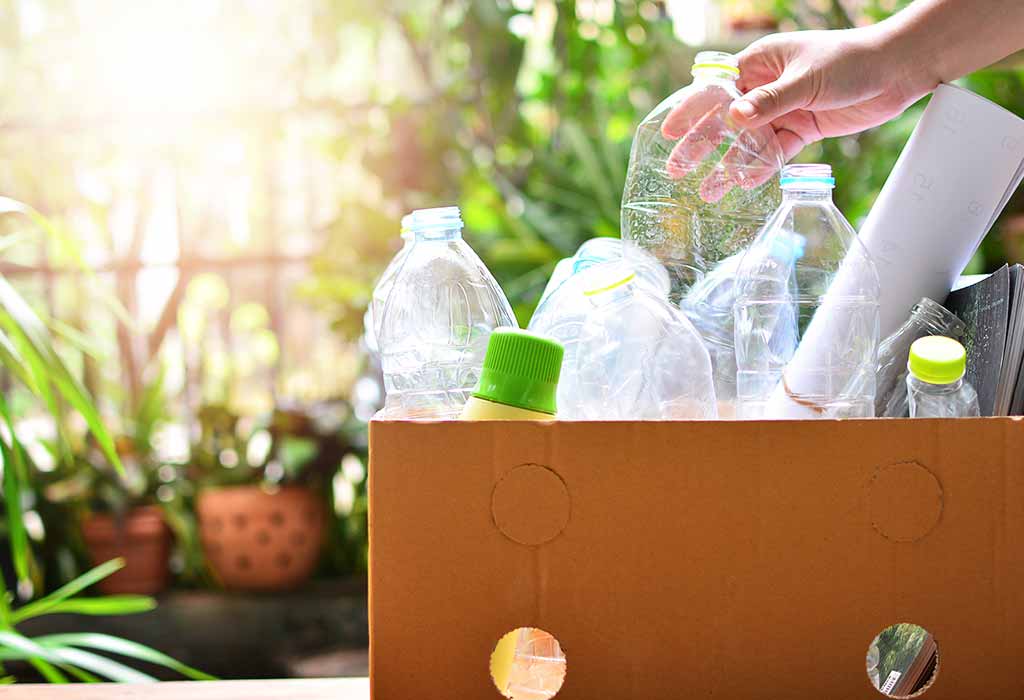
In today’s world, environmental consciousness is more important than ever. Polypropylene recycling plays a significant role in reducing waste and conserving resources. With a growing emphasis on sustainability, understanding the benefits of recycling this versatile plastic is crucial for individuals and businesses alike. This blog post aims to shed light on the various advantages of PP recycle and how it contributes to a greener planet.
Understanding Polypropylene
Polypropylene is one of the most widely used plastics globally. It is found in everyday items such as packaging materials, textiles, automotive parts, and consumer goods. Its popularity stems from its durability, versatility, and cost-effectiveness. However, like all plastics, improper disposal of polypropylene can lead to environmental challenges.
Environmental Benefits of Polypropylene Recycling
Recycling polypropylene significantly reduces the amount of waste that ends up in landfills. By diverting these materials from landfills, we can decrease the volume of non-biodegradable waste that contributes to environmental pollution. Furthermore, recycling helps in conserving valuable landfill space, which is becoming increasingly scarce.
Resource Conservation through Recycling
Polypropylene recycling plays a pivotal role in conserving natural resources. Manufacturing new plastic products from virgin materials requires substantial amounts of fossil fuels and energy. By recycling polypropylene, we can reduce the demand for these resources. This not only conserves energy but also minimizes greenhouse gas emissions associated with plastic production.
Energy Savings in the Recycling Process
The recycling of polypropylene consumes significantly less energy compared to producing new polypropylene from raw materials. This energy efficiency translates to a reduction in carbon footprint and overall environmental impact. By choosing recycled polypropylene, industries can contribute to energy conservation and a more sustainable future.
Economic Advantages of Polypropylene Recycling
Recycling polypropylene offers economic benefits as well. The process creates jobs in the recycling industry, from collection to processing and manufacturing. Additionally, industries that adopt recycled polypropylene can reduce their production costs, resulting in financial savings. These economic incentives encourage more businesses to prioritize recycling efforts.
Innovation in Recycling Technologies
Technological advancements have revolutionized the recycling industry. Modern recycling techniques have improved the efficiency and quality of recycled polypropylene. Innovations such as advanced sorting methods, chemical recycling, and mechanical recycling have made it easier to process polypropylene into high-quality reusable materials.
Enhancing Corporate Social Responsibility
For businesses, adopting polypropylene recycling practices aligns with corporate social responsibility (CSR) goals. Companies that prioritize sustainability initiatives demonstrate a commitment to environmental stewardship. This not only enhances their reputation but also attracts environmentally conscious consumers who prefer to support eco-friendly brands.
Reducing Dependency on Fossil Fuels
Polypropylene recycling reduces our dependence on fossil fuels, which are finite resources. By reusing existing plastic materials, we can decrease the need for new plastic production. This shift towards a circular economy helps in preserving fossil fuel reserves for future generations and promotes a more sustainable approach to resource management.
Promoting a Circular Economy
Recycling polypropylene is a key component of the circular economy model. In a circular economy, materials are continuously reused, refurbished, and recycled, minimizing waste and maximizing resource efficiency. Polypropylene recycling ensures that plastic products stay within the economy rather than ending up as waste, contributing to a closed-loop system.
Educating and Raising Awareness
Public awareness and education are vital in promoting polypropylene recycling. By educating individuals and communities about the benefits of recycling, we can encourage more people to participate actively. Awareness campaigns, community initiatives, and educational programs can help instill a sense of responsibility towards recycling and environmental conservation.
Encouraging Sustainable Consumption
Polypropylene recycling encourages sustainable consumption patterns. By choosing products made from recycled materials, consumers can actively contribute to reducing plastic waste. This demand for recycled products drives the market for recycled polypropylene, creating a positive feedback loop that supports recycling efforts.
Collaborative Efforts for a Greener Future
Addressing environmental challenges requires collaborative efforts from individuals, businesses, and governments. By working together to promote polypropylene recycling, we can create a significant impact. Implementing effective recycling policies, supporting recycling infrastructure, and fostering partnerships between stakeholders are essential steps towards a greener future.
Conclusion
Polypropylene recycling offers numerous benefits, ranging from environmental conservation to economic advantages. By reducing waste, conserving resources, and promoting sustainable practices, recycling polypropylene contributes to a healthier planet. Whether you are an individual looking to make a difference or a business aiming to enhance its sustainability efforts, incorporating polypropylene recycling into your routine is a step towards a greener, more sustainable future.





